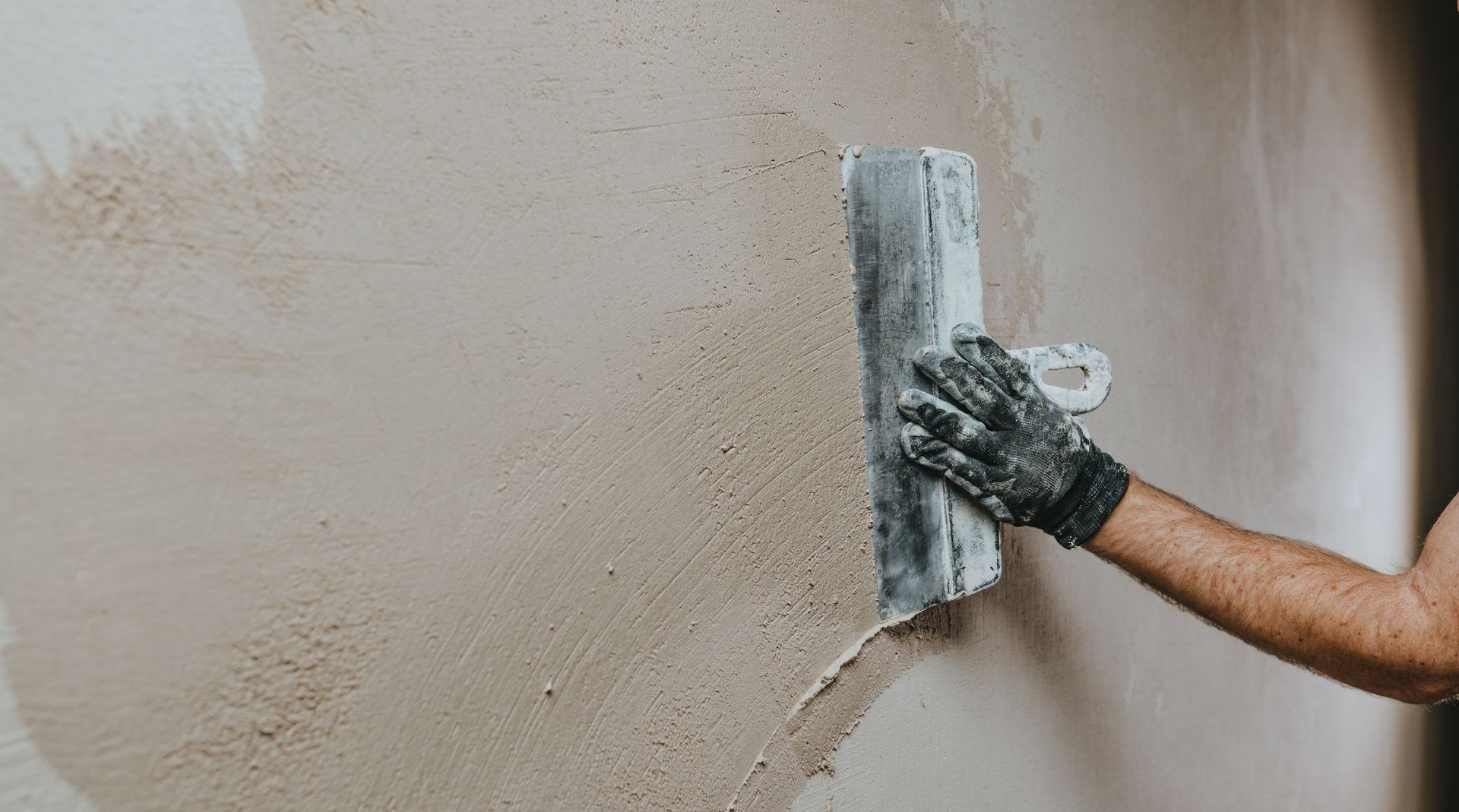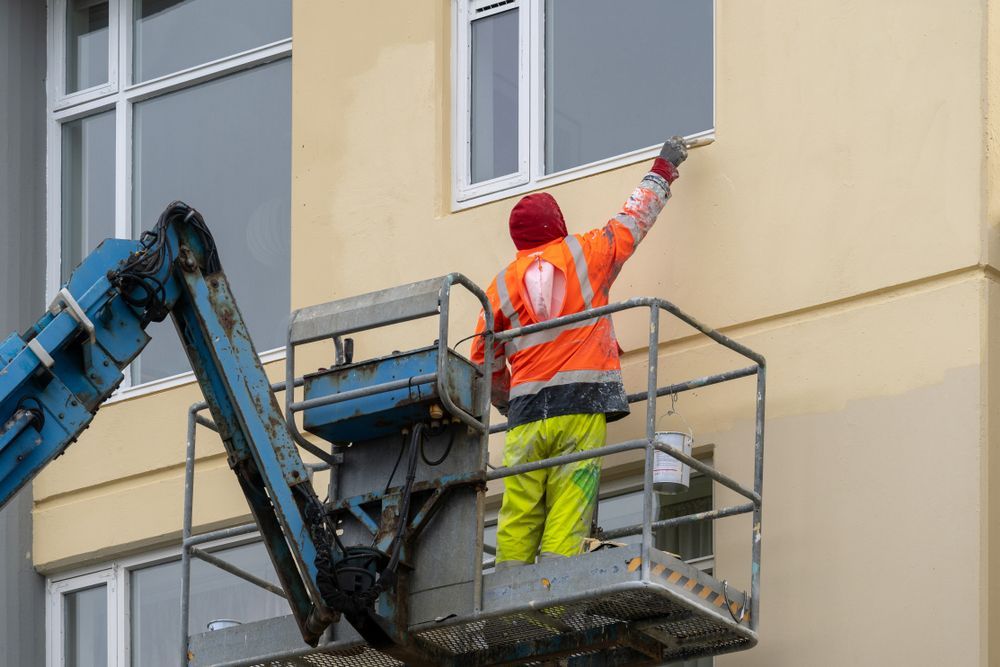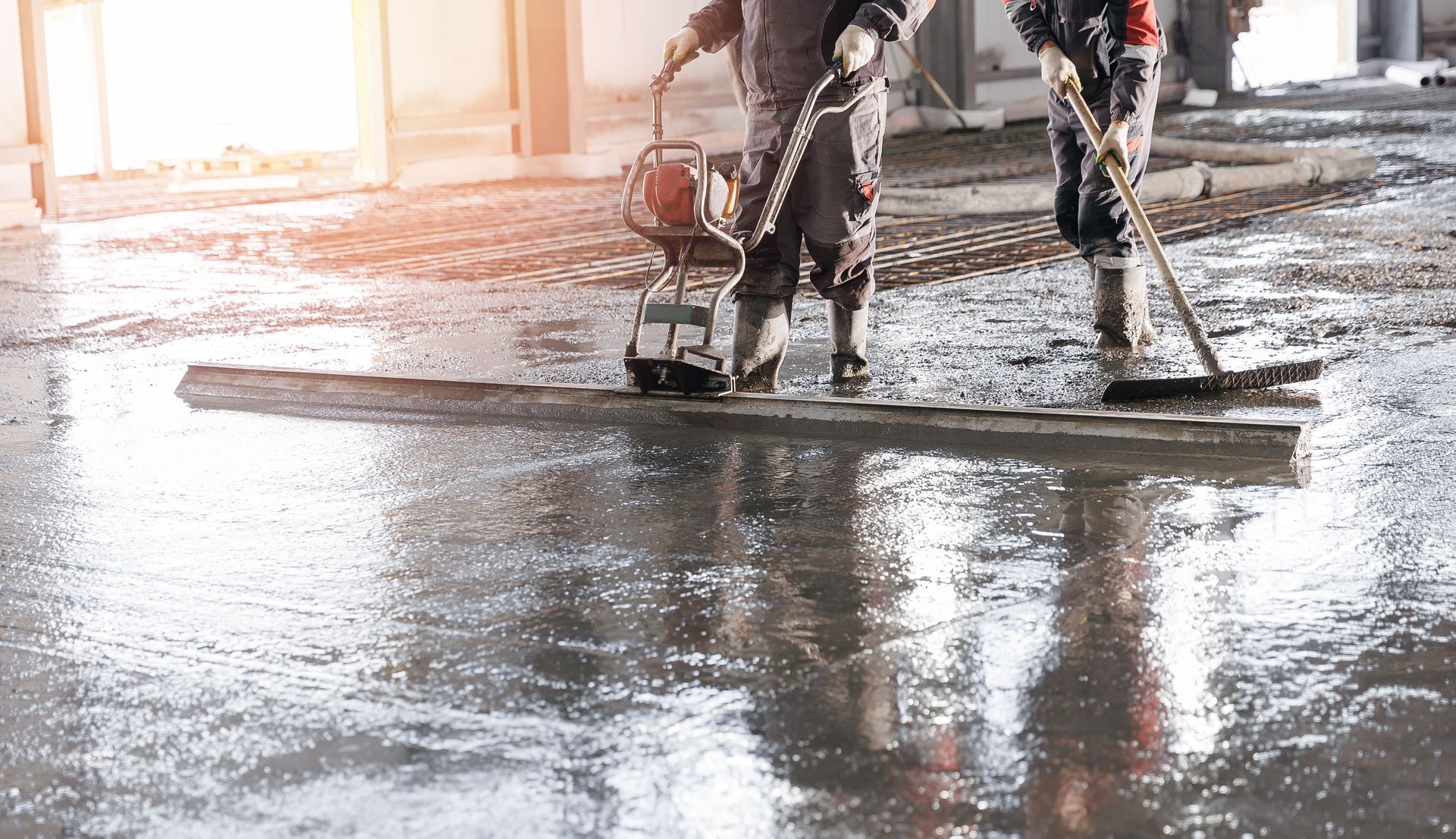The Ultimate Guide to Concrete: Everything You Need to Know
Concrete, a cornerstone of construction, is praised for its durability, resilience, and versatility. This exhaustive guide dives deep into every concrete aspect, shedding light on its composition, properties, various types, uses, advantages, and maintenance. Whether deciphering its chemical makeup or grasping its structural stability, this manual provides comprehensive insights into the multifaceted world of concrete. From laying foundations to erecting skyscrapers, spanning bridges to paving roads, concrete's omnipresence highlights its vital role in modern construction, emphasizing the need for engineers, architects, and enthusiasts to grasp its intricacies.
Composition and Properties of Concrete
Concrete is a versatile building material comprised of several essential components, each contributing to its unique properties and functionality:
Cement
Cement plays a crucial role in holding the mixture together as the binder in concrete. Typically made from limestone, clay, and other materials, cement undergoes a chemical reaction with water to form a solid matrix that binds the aggregates.
Aggregates
These materials, such as sand, gravel, or crushed stone, provide bulk and stability to concrete. Aggregates occupy a significant volume within the mixture and help distribute loads evenly, enhancing the structural integrity of the concrete.
Water
As the catalyst for the hydration process, water triggers the chemical reaction with cement, forming a hardened mass. A proper water-cement ratio is essential for achieving the desired strength and durability of the concrete.
Admixtures
These additives are incorporated into the concrete mixture to modify or improve specific properties. Admixtures can enhance workability, accelerate or retard the setting time, improve durability, or impart other desired characteristics to the concrete. Common admixtures include plasticizers, accelerators, retarders, and air-entraining agents.
The properties of concrete make it suitable for a wide range of applications in construction and civil engineering:
- Strength: Concrete supports heavy loads in buildings, bridges, and roads with tailored strength through mixed design.
- Durability: Resistant to moisture, chemicals, and temperature changes, making it ideal for long-lasting infrastructure.
- Workability: Easily handled, placed, and finished during construction, adjusted using mix proportions and admixtures for different applications.
- Density: Offers a wide range of densities, from lightweight to heavyweight, adaptable to various structural requirements.
Overall, concrete's combination of strength, durability, workability, and density makes it a versatile and indispensable material in the construction industry, used in everything from foundations and walls to highways and dams.
Types of Concrete
There are several types of concrete tailored to specific needs:
- Regular Strength Concrete: Standard concrete used in most construction projects, with typical compressive strength ranging from 2,500 to 6,000 psi.
- High Strength Concrete: Engineered for superior strength, exceeding 6,000 psi, commonly used in high-rise buildings and bridges.
- Lightweight Concrete: Contains lightweight aggregates to reduce density and weight. It is suitable for applications where weight is a concern, like precast panels and insulating roofs.
- Heavyweight Concrete: Utilizes heavy aggregates to increase density and mass, ideal for stability and radiation shielding in structures like nuclear plants and coastal barriers.
- High-Performance Concrete (HPC): Tailored for specific performance requirements, offering enhanced durability and mechanical properties for critical applications like high-traffic pavements and marine structures.
- Self-Consolidating Concrete (SCC): Flows and fills formwork under its weight without vibration, improving construction efficiency and quality, commonly used in complex structural elements.
- Pervious Concrete: Highly porous, allowing water to pass through for sustainable stormwater management, commonly used in parking lots and sidewalks to mitigate urban flooding.
- Shotcrete: Applied pneumatically onto surfaces at high velocity, used for slope stabilization, tunnel lining, and rapid structural repairs due to its quick application and adherence to irregular surfaces.
- Fiber-Reinforced Concrete (FRC): Reinforced with short fibers to enhance tensile strength, toughness, and crack resistance, commonly used in industrial floors and seismic-resistant structures for improved durability.
Each type has unique advantages and applications in construction projects.
Importance and Uses of Concrete
Concrete plays a vital role in various sectors:
- Buildings and Infrastructure: From residential homes to skyscrapers and bridges.
- Roads and Pavements: Providing durable and smooth transportation surfaces.
- Dams and Reservoirs: Offering flood control, water storage, and hydropower generation.
Its versatility and reliability make it indispensable in modern construction.
Advantages and Disadvantages of Using Concrete
Advantages
- Strength: Concrete is strong and capable of supporting heavy loads.
- Durability: It withstands harsh environmental conditions and requires minimal maintenance.
- Fire Resistance: Concrete is inherently fire-resistant, providing safety in fire.
- Versatility: It can be molded into various shapes and finishes to suit different needs.
Disadvantages
- Susceptibility to Cracking: Concrete can crack, compromising its integrity and aesthetics.
- Environmental Impact: Production emits CO2 and consumes energy and water, contributing to environmental concerns.
- Initial Cost: Construction costs can be high due to procurement, labor, and equipment expenses.
- Weight: Concrete is heavy, requiring additional support and posing logistical challenges.
- Curing Time: Adequate curing time is needed, potentially delaying construction schedules.
Steps Involved in the Concrete Preparation Process
The preparation of concrete involves several key steps:
- Mixing: Combining ingredients in the proper proportions.
- Placing: Transporting and depositing the mixture into the formwork.
- Compacting: Removing air voids and ensuring dense packing.
- Curing: Maintaining optimal moisture and temperature conditions for hydration.
Each step is critical to achieving high-quality concrete with desired properties.
Factors to Consider When Choosing the Right Concrete Mix
Selecting the appropriate concrete mix depends on various factors:
- Strength Requirements: Determined by the application and structural design.
- Exposure Conditions: Considering environmental factors like weather and chemical exposure.
- Workability: Ensuring ease of handling and placement.
- Cost and Availability: Balancing performance with budget constraints.
Common Concrete Applications
Concrete finds extensive use in:
- Foundations and Footings
- Slabs and Floors
- Walls and Columns
- Structural Beams and Frames
Understanding its diverse applications helps optimize its utilization in construction projects.
Maintenance and Repair of Concrete Structures
Regular maintenance is essential to prolong the lifespan of concrete structures. Repair techniques include patching, crack injection, and surface coatings, addressing issues like spalling, cracking, and reinforcement corrosion.
Choosing the Right Contractor for Your Concrete Needs
Selecting the right contractor for your concrete needs is paramount to the success of your project. Prioritize experience, credentials, and reputation when evaluating potential contractors. Effective communication, clear contracts, and trust are also vital factors. Choosing a reputable and
reliable contractor can ensure quality results, minimize risks, and achieve peace of mind throughout construction.
Building a Solid Future: Partner with Solos Construction for Your Concrete Needs
Concrete remains a cornerstone of modern construction, offering unparalleled strength, durability, and versatility. Its importance cannot be overstated, from foundations to skyscrapers, roads to dams. As you embark on your next construction project, ensure it stands the test of time by partnering with Solos Construction.
Contact us today at 202 C St. San Diego, CA 92101, or reach out via phone at (951) 722-6672. You can also visit our website at solosconstruction.com or email us at alfonso@solospros.com to discuss your concrete needs and how we can help bring your vision to life. Let's build the future together, one solid foundation at a time.






